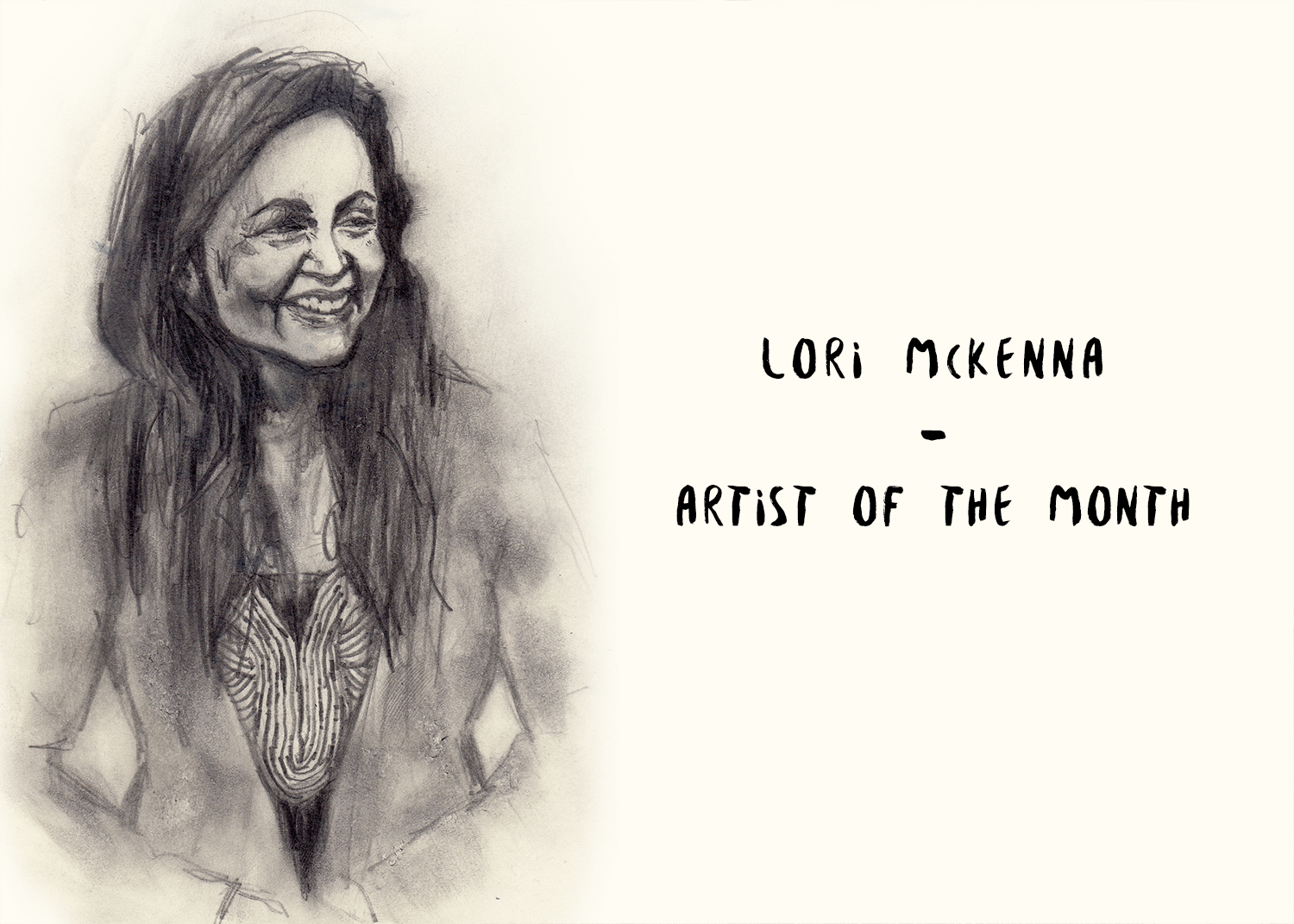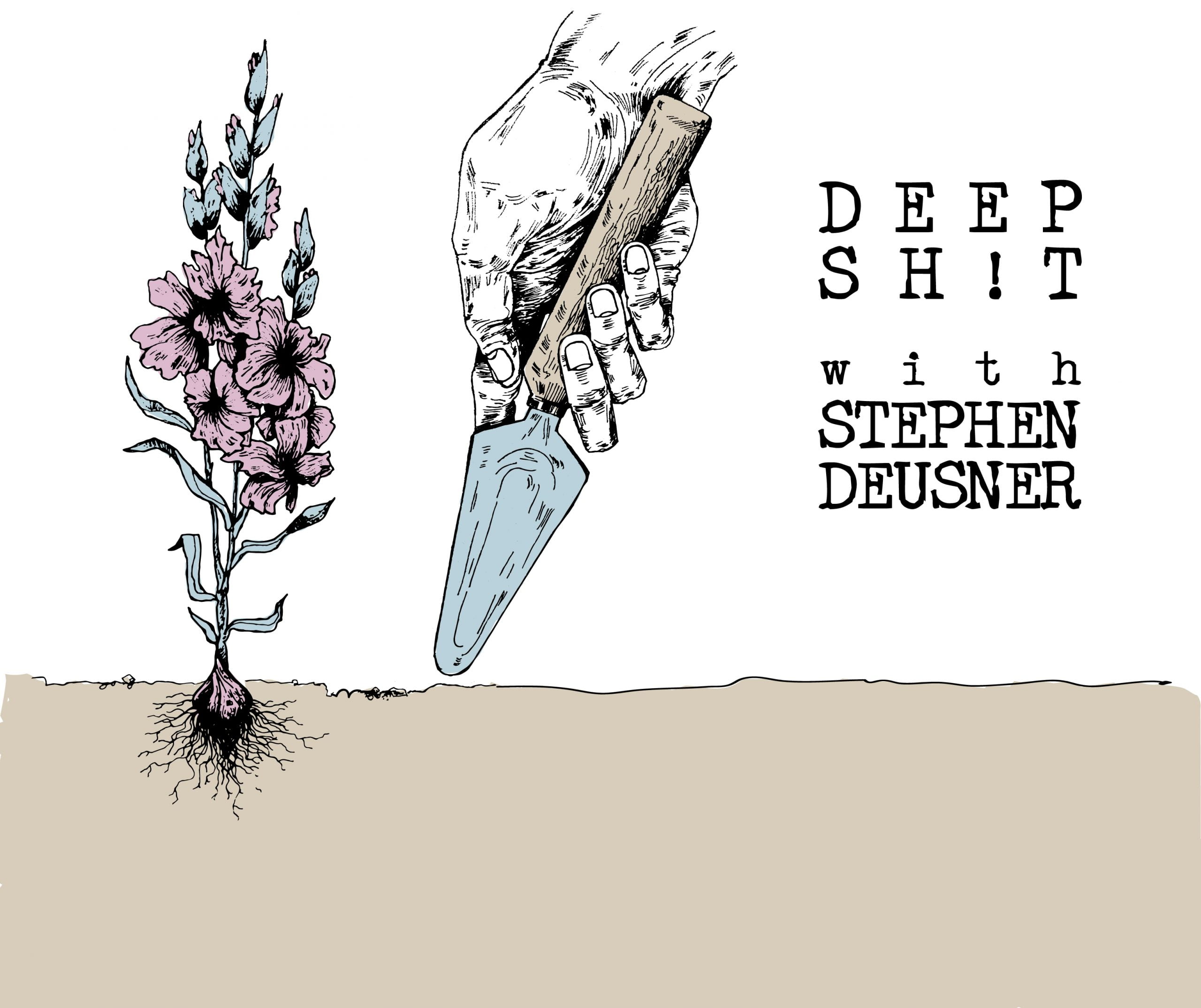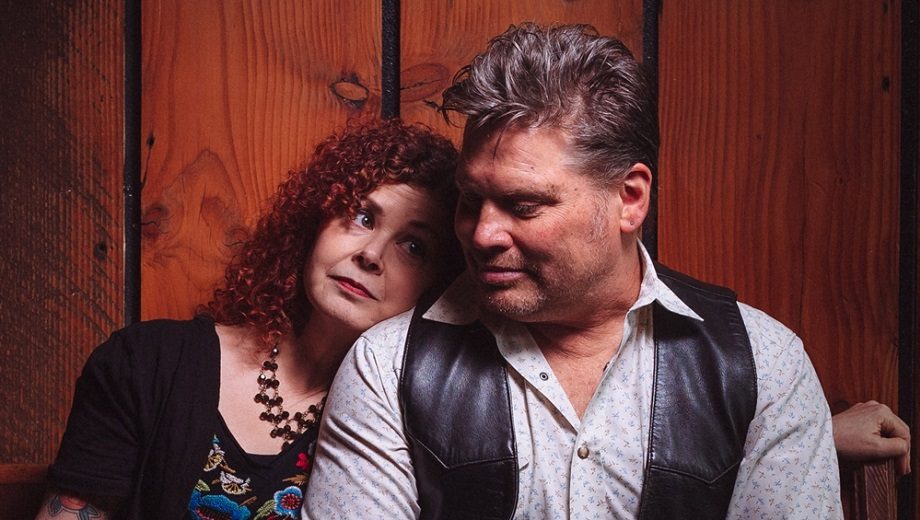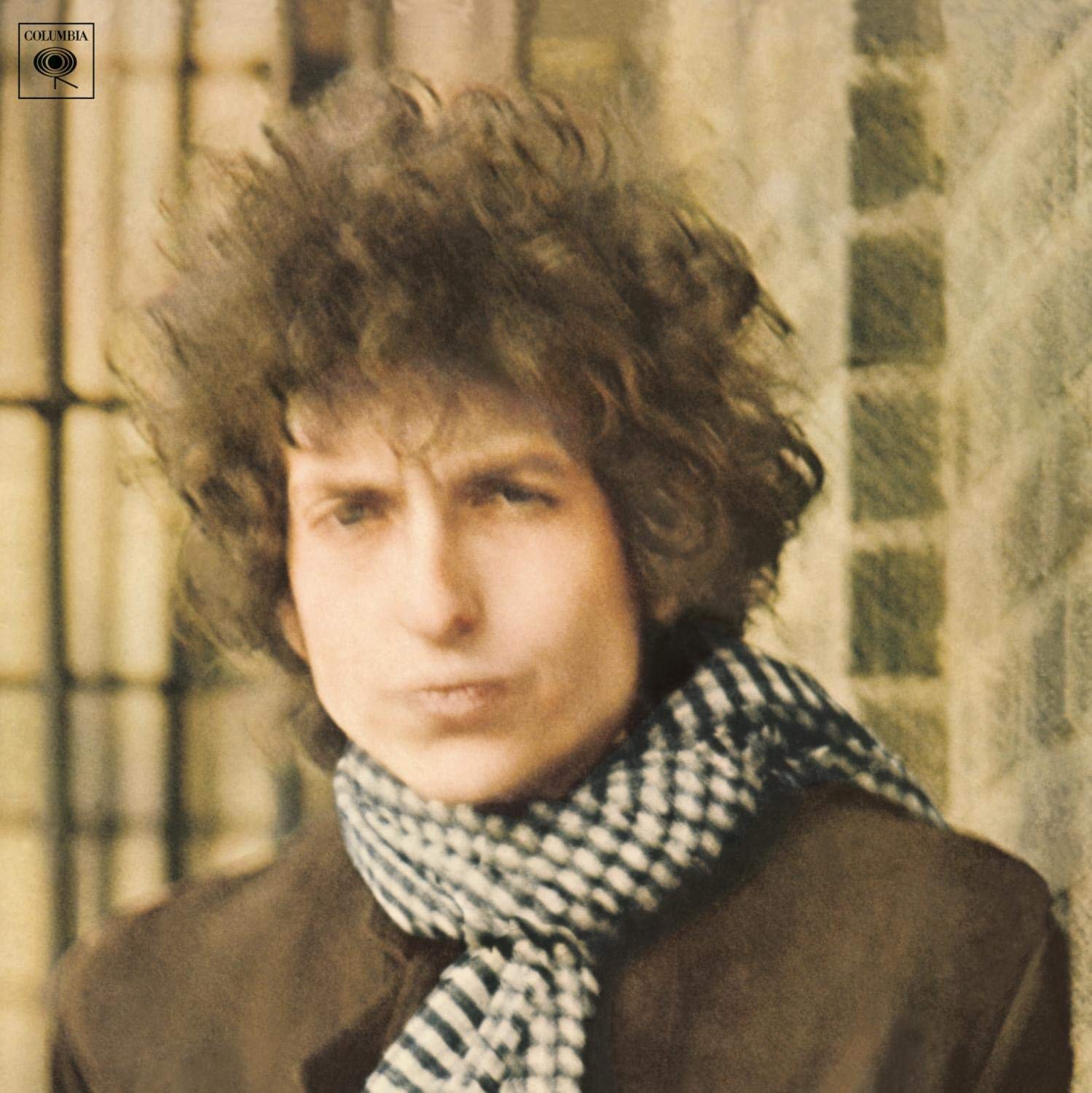Some writers seek out the truth, excavating situations to uncover a universality that shines some light of understanding on the world. For others, the relationship works another way. Hungry to be heard, the truth seeks them out, and time and again makes itself known.
For Grammy-winning singer-songwriter Lori McKenna, the latter seems to be the case. Her lyricism, sketched from life’s myriad everyday scenes—hearth fires, heartbreak, and the like—strikes upon central truths to an almost uncanny extent. Listening back through her catalog, which now numbers eleven albums with her new release The Tree, it’s as if she wields some otherworldly wisdom and has been kind enough to share it with listeners.
McKenna’s the first to admit it’s all a “happy mistake.” As she explains, “I think my brain starts small and it takes me a minute to see if there’s a bigger message in there.”
Small has been McKenna’s modus operandi since her 2000 debut album Paper Wings and Halos. She regularly portrays characters’ private interiors, snapshotting quiet moments typically shared with oneself, a partner, a parent, or even the small town one wishes to escape. On The Tree, McKenna found herself identifying in larger ways with what she was writing, even if she hadn’t set out to hold a mirror up to her life. “The more you write, the more comfortable you get in your craft, the more of you reflects back in it, even if it’s a character that isn’t you,” she says.
Time’s circularity informed several songs on The Tree. At a moment when her aging father needed more help and her children needed less, she was struck by the roles she was being asked to play. “Your mom role is getting less intense, and your child role—as far as helping parents—gets a little thicker,” she says. “I think a lot of people get to exactly to this place.”
McKenna took all the fears and pain that go along with aging, and penned a beautiful ode to the daring act of living. On “People Get Old,” with a slight twang to her vocals, she sings: “Time is a thief/ Pain is a gift/ The past is the past, it is what it is / Every line on your face tells a story somebody knows/ It’s just how it goes/ You live long enough, the people you love get old.” The catch is the last line: “You live long enough.” Life can and does hurt like hell, but if you’re lucky you’ll make it long enough to acquire all those scars.
Though she’s been writing and playing for herself since she first picked up a guitar as a teenager in Massachusetts, McKenna’s obvious talent for distilling greater wisdoms down into a hook caught Nashville’s attention early on in her career. Faith Hill recorded three of her songs—”Fireflies,” “Stealing Kisses,” and “If You Ask”—on her 2005 album Fireflies, and set into motion a relationship with Music City that continues to this day. McKenna has gone on to pen songs for some of the biggest names in contemporary country music. “I had never tried to write a song for someone else,” she explains about when she first visited Nashville.
In 2016 she teamed with producer Dave Cobb to release The Bird & the Rifle, a critically-acclaimed project that led to two award nominations from the Americana Music Association — for Artist of the Year and Song of the Year (“Wreck You,” written with Felix McTeigue), as well as three Grammy nominations. She reunited with Cobb for The Tree sessions as well.
McKenna now splits her time between Boston and Nashville, visiting once or twice a month to work on songs. She speaks fondly of her adopted city. “I fell in love with the community. Nashville is such a songwriter town. They really honor their songwriters,” she says. “I have to pinch myself sometimes when I think about the group of people that I get to write with because it’s not just that they’re all great writers. I’ve really found a group that I feel so comfortable with. [An idea] might not be right and it might even be kinda stupid, but they won’t judge me. They’ll say, ‘Well, let’s see. How can we make that work?’ The people that you feel bravest around are the best people to be creative with.”
Among their many collaborations together, McKenna, Hillary Lindsey, and Liz Rose wrote “Girl Crush,” which Little Big Town recorded for their 2014 album Pain Killer. The song focuses on a woman who finds herself developing a complex desire for her ex via his new love interest. It’s jealousy painted in layers: “I want to taste her lips/ Yeah, ‘cause they taste like you.” Despite complaints to pull the song from country radio due to a growing controversy about whom the central figure wanted, it went on to earn McKenna her first Grammy—for Best Country Song. She repeated the following year for “Humble and Kind,” recorded by Tim McGraw.
When it comes to the success of “Girl Crush,” McKenna says she, Lindsey, and Rose weren’t anticipating a hit. “We didn’t think anybody would cut the song—we just chased the song,” she explains. “That song was about reminding ourselves how we want to write the best song we can and reaching that goal on our level.” That same sentiment pops up on The Tree’s final track, “Sing It Like Patsy Would.” McKenna, Lindsey, and Rose wrote the gut-honest song, which details the strife and success of the creative path, but ultimately ends with the important point: Let the love for the work drive you. If you’re looking for fame, you’re in it for the wrong reasons.
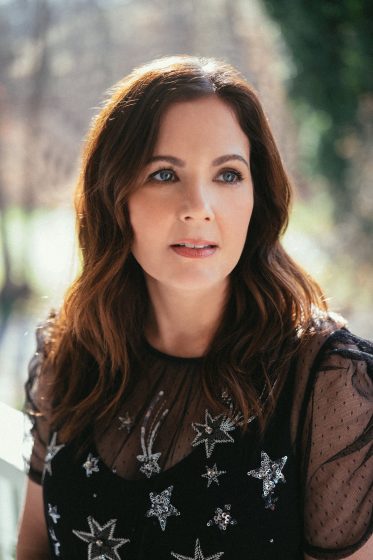
The work clearly drives McKenna and other songwriters in Nashville, but the question looms about why men continue to dominate the country charts. “I think overall if you had to figure out why is there are fewer women on country radio—and I’ve never asked anybody this so I might be wrong—I think it may have something to do with the fact that women are less likely to write a party song,” she muses. “They do, but when you look at the women who have become the biggest part of country music, most of their songs—the biggest songs—are statement songs. They say things that men can’t really get away with. Tammy Wynette, Loretta Lynn, they’re saying things.”
Whether or not country radio ever wakes up to the imbalance in its formatting remains to be seen. Even McKenna admits the conversation has been going on for some time. “Ever since [I arrived in Nashville in 2005], I’ve heard people say, ‘The woman thing is coming around. You just watch. I can feel it.’ It’s funny because it always does feel like it’s going to turn.”
In the meantime, she and her cohorts will continue writing the songs that make people sit up and take notice, that help shift the conversation. She says with a chuckle, “I love landing in Nashville and going, ‘Somebody’s writing a great song right now.’ It’s just a given.”
Photo credit: Becky Fluke
Illustration: Zachary Johnson

